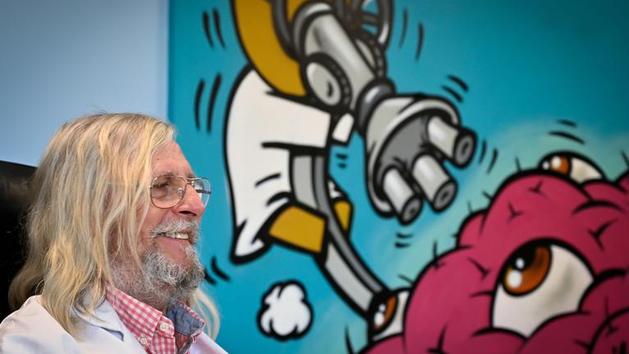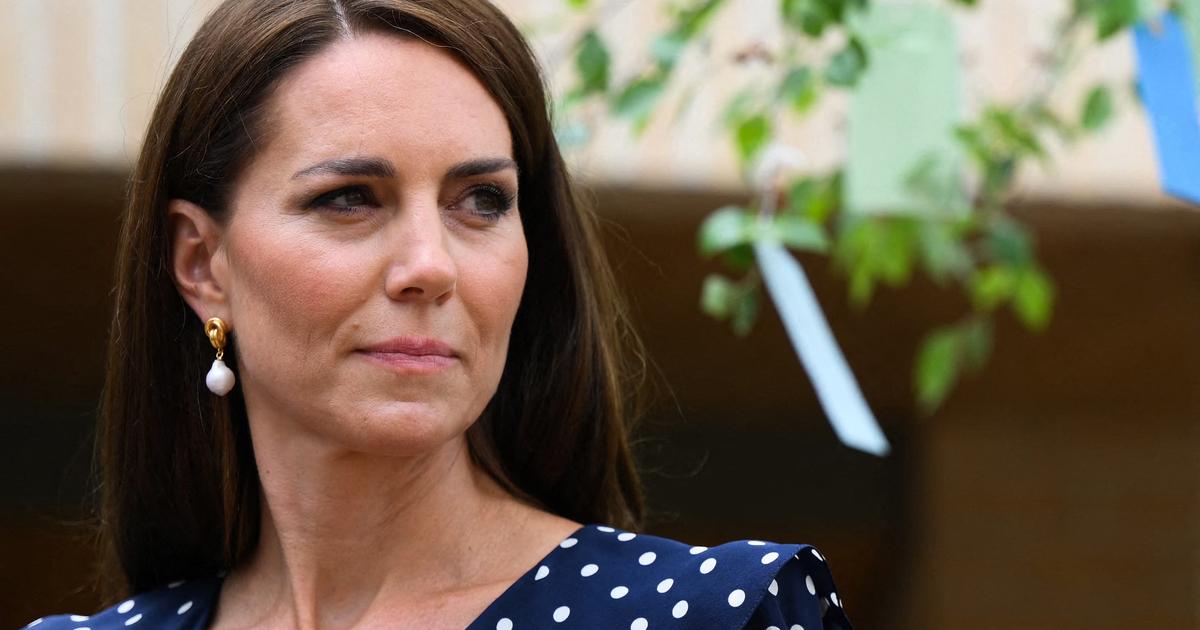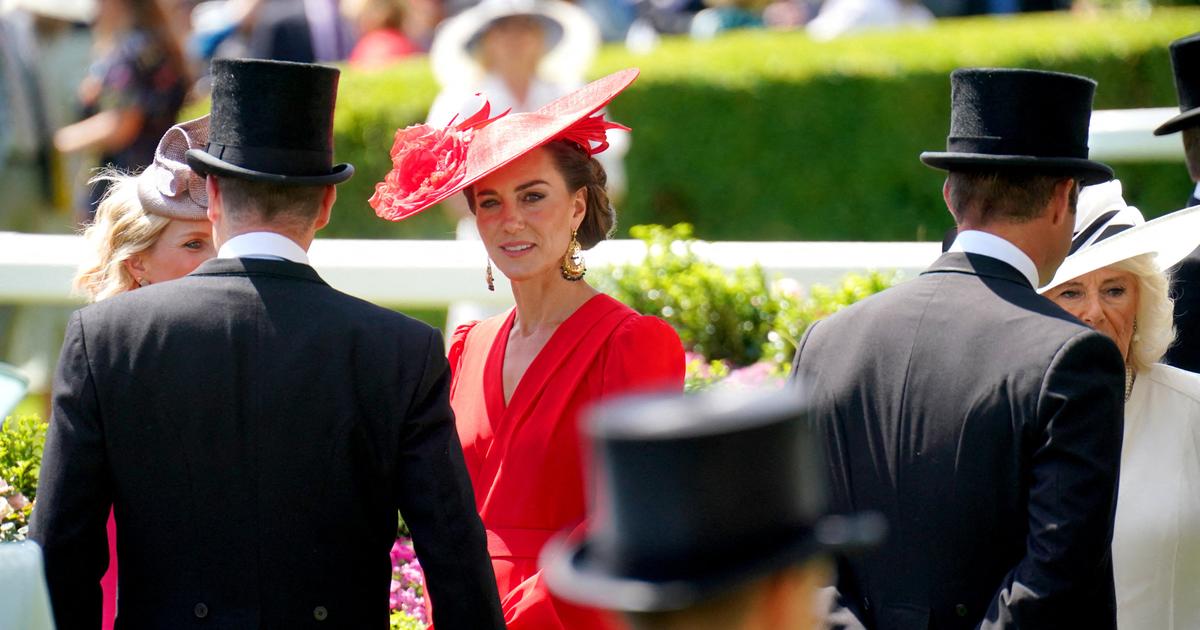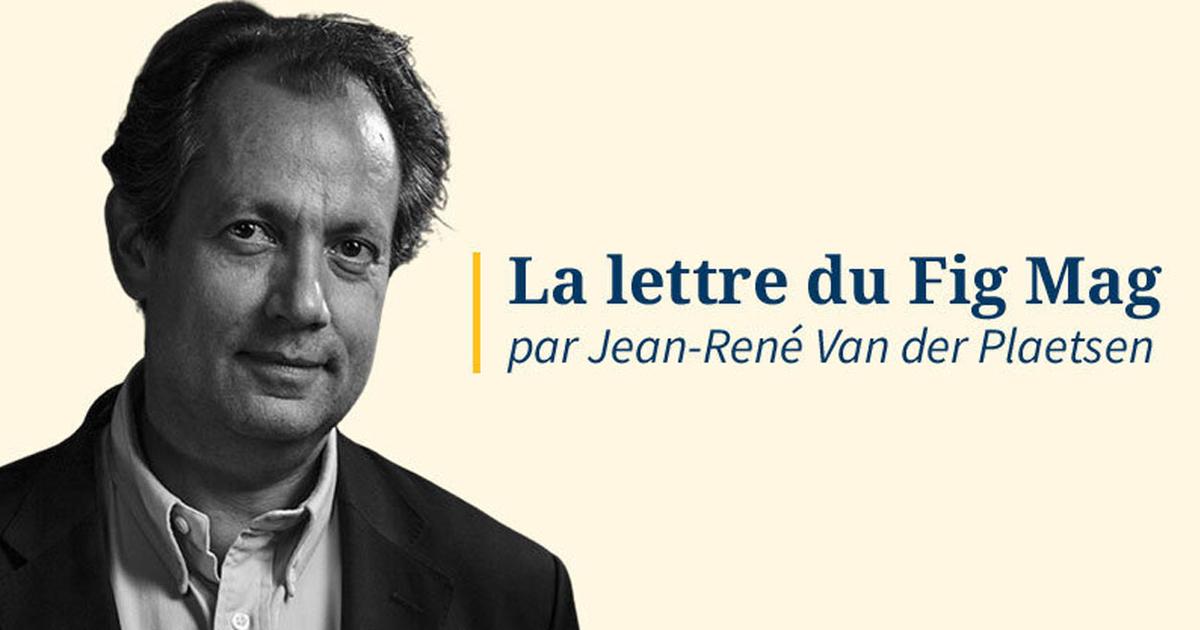Rarely has a drug aroused so much passion. It is enough to be convinced to take a look at social networks, where from the honest citizen to the politician passing by the big names of medicine, we tear each other on hydroxychloroquine.
Read also: Covid-19: increased mortality in hospital with chloroquine and hydroxychloroquine
The health crisis will have been more visible in Europe for decades. Doctors around the world quickly got busy quickly to find a cure for this new form of coronavirus. When many laboratories were working on the development of a new treatment, a renowned researcher praised the merits of an already known molecule: hydroxychloroquine.
This doctor is Professor Didier Raoult, an infectious disease specialist in emerging tropical infectious diseases who heads the Marseille University Hospital Institute for Infectious Diseases (IHU).
Originally hydroxychloroquine is a molecule derived from chloroquine. This chloroquine is known to be an antimalarial used in the 1960s, and now abandoned. Its parent, hydroxychloroquine is still prescribed for certain diseases such as rheumatoid arthritis and lupus erythematosus. Presented as a serious hope of remedy from the end of February, this treatment was abandoned suddenly in France and by the World Health Organization (WHO) in late May.
A new hope
It was not Professor Raoult who first preached the use of hydroxychloroquine. The first study on the positive effects of the drug on the new Coronavirus is Chinese. On February 19, three researchers based on tests administered in ten Chinese hospitals claim that the drug is effective in containing the disease. The treatment would " improve the condition of the lungs, so that the patient becomes negative for the virus again and to shorten the duration of the disease, " says the study, which highlights, among other things, the low cost of the drug.
Professor Raoult, then completely unknown to the general public, reacted without delay, and was enthusiastic about the perspectives opened up by this first study. " We already knew that chloroquine was effective in vitro against this new coronavirus and the clinical evaluation made in China confirmed it," he explains . In the end, this infection is perhaps the simplest and cheapest to treat of all viral infections , ”says the professor.
On the eve of national confinement, on March 16, while France is already recording 150 deaths, Professor Raoult reveals the results of his tests: three-quarters of the 24 patients treated recorded “ spectacular ” advances thanks to chloroquine. The following day, government spokeswoman Sibeth N'Diaye announces a widening of trials, deeming the results of Professor Raoult " promising " while Olivier Véran, the Minister of Health, announces larger-scale tests. and confirmation of the results within fifteen days.
Adoption and controversy
On March 23, the High Council of Public Health authorized, by way of derogation and only at the hospital, the use of chloroquine to treat " serious forms " of the coronavirus. This decision was immediately followed by an order which prohibited the export of Plaquénil - the trade name of hydroxychloroquine - which became de facto , a strategic drug.
Only, on March 29, the New Aquitaine medical authorities reported " cases of cardiac toxicity " on people with symptoms of Covid-19 who had taken hydroxychloroquine for self-medication. In the process, as of March 31, 33 French hospitals launched the Hycovid study to “ close the debate on chloroquine ”.
As the epidemic progresses, chloroquine becomes the subject of a debate that goes far beyond the limits of the medical world. Philippe Douste-Blazy, doctor and former Minister of Health, launches a petition in favor of the " Raoult protocol " which collects 500,000 signatures. On the other side of the Atlantic, Donald Trump is in favor of chloroquine, he claims to take it himself as a preventive measure. On April 9, Emmanuel Macron went to Marseille to meet Pr Raoult, who gave the president the results of his study.
The debate is such that it has sometimes soured in the media and on social networks. The controversy often revolves around the figure of Professor Raoult, who cleaves the "pro" and the "anti", and whose outspokenness willingly assumes an anti-elite speech - he compared in May on LCI the " microcosm Parisien "at the" Versailles of the 18th century ". The infectiologist seduces personalities claiming to be "anti-system": executives of the National Rally, to Jean-Luc Mélenchon, passing by the Brazilian president Jair Bolsonaro or the philosopher Michel Onfray, who recruited him for his new review Front populaire .
If Emmanuel Macron visited the sulfur professor on April 9, his health minister does not hide his skepticism about the use of chloroquine. According to information from the Duck in chains, he would have died on Saturday, May 2 during a council of ministers. “ He [Professor Raoult] is completely messing around. Because he knows nothing about it, because he had already predicted that the Covid would cause fewer deaths than scooter accidents, and because it is irresponsible when the French are asked to remain hyper vigilant and apply social distancing, " he then lambasted.
Multiplication of studies and gradual abandonment
With the end of April come the first results of studies on chloroquine. On April 22, an American study pointed out the excess mortality of the patients thus treated. On May 11, the Hycovid study launched by the 33 French hospitals delivers its first results. According to Professor Louis Bernard, head of the infectious diseases department at the CHRU in Tours, these results are " inconclusive " although potentially useful as a preventive measure. Later, on May 15, two new studies from the British medical journal BMJ in turn claim that chloroquine is not effective.
Read also: No preventive effect demonstrated for hydroxychloroquine
Studies follow one another, most of them skeptical. But it was on May 22, with a study published in The Lancet, a British medical scientific journal among the oldest and most respected in the world, that the chloroquine solution was most undermined. This study conducted by a Harvard professor of medicine on 96,000 patients hospitalized with the coronavirus in 671 hospitals around the world concludes that the use of chloroquine is dangerous. She points to a significantly higher risk of dying from cardiac death and arrhythmia (+ 34%). For the study authors, this is the " first large-scale study " to provide " robust statistical evidence ".
Read also: Covid-19: increased mortality in hospital with chloroquine and hydroxychloroquine
In the process, The Minister of Health, Olivier Véran, governs in a tweet. “Following the publication in The Lancet of a study alerting to the ineffectiveness and the risks of certain treatments of Covid-19 including hydroxychloroquine, I asked the HCSP (High Council for Public Health, Editor's note) for qu 'He analyzes it and offers me a review within 48 hours of the derogating prescription rules ,' he wrote.
Quickly, the use of chloroquine was banned by the World Health Organization on May 25 and in France on May 27 - except for clinical trials. The same day, the European study Discovery, which tests the effectiveness of several treatments against Covid-19, suspends the inclusion of new patients in the group receiving hydroxychloroquine.
I'm going to change because there are people who do “big data”, which is a kind of completely delusional fantasy
Pr Didier RaoultHowever, the Lancet study still fails to put an end to the controversy. Thursday, May 28, the British newspaper The Guardian relayed the concern of Australian researchers, who deplore the lack of transparency on the collection of data used for the study. On the same day, dozens of scientists around the world published an open letter to express their " concerns " about the study methods, of which they also denounced the lack of traceability. " This review raised both methodological and data integrity concerns ," they point out before listing problematic points, such as the authors' refusal to give access to the data or the absence of " review. " ethics ”.
For his part, Professor Raoult refutes the conclusions of the study. “ Here [at the IHU in Marseille] , 4000 people passed us in our hands, you don't think I'm going to change because there are people who do“ big data ”, which is a kind of completely delusional fantasy which takes data of which one does not know the quality, which mixes everything, which mixes treatments of which one does not know the given dose ”. His conclusion is clear: the study is " messy ", conducted " by people who have not seen patients ".






/cloudfront-eu-central-1.images.arcpublishing.com/prisa/LK4BWLOG5F4TALNACDXUI4NVI4.jpg)








